April 16, 2025 | 15:41 GMT +7
April 16, 2025 | 15:41 GMT +7
Hotline: 0913.378.918
April 16, 2025 | 15:41 GMT +7
Hotline: 0913.378.918

Malaysia is the world's second largest producer of palm oil after Indonesia.
A World Trade Organization (WTO) panel ruled earlier this month on a complaint brought by Malaysia against the European Union over the bloc's plans to phase out the import of palm oil as biofuel because of environmental concerns.
Malaysia, the world's second largest producer of palm oil after Indonesia, brought a case to the WTO in early 2021 against the EU, France and Lithuania.
The Southeast Asian country contested that the EU had violated international trade rules in its policy to phase-out the import of palm oil as a biofuel due to deforestation and emissions risks under the EU's second Renewable Energy Directive (RED II).
Indonesia also filed a case with the WTO but asked for it to be suspended a day before the result of Malaysia's case was announced.
The three-person panel voted by two-to-one in favor of the EU's ability make rules against imports of crop-based fuels for environmental reasons.
However, it also said that the EU was at fault for how it had prepared and published its policy, which amounted to "arbitrary or unjustifiable discrimination" against Malaysia.
Much of this revolved around how the EU defined its assessment of emissions, along with indirect land use change (ILUC), which measures the impact of diverting agricultural land previously designed for food production to biofuel production,
The WTO panel found the EU's study on the ILUC risk of palm oil, using data from 2008 and 2016, was potentially outdated.
It also said an arbitrary choice was made to assess emissions from palm oil production over a 10-year period, when palm trees usually survive for up to 30 years.
"There are deficiencies in the design and implementation of the low ILUC-risk criteria," the WTO panel noted in a 348-page report published on March 5.
One dissenting panelist also offered greater support to Malaysia's appeal that the EU policy is protectionist, since it is accused of singling out palm oil while overlooking the environmental impact of biofuels produced within Europe, such as rapeseed.
Chris Humphrey, executive director of the EU-ASEAN Business Council, said that the WTO ruling will be "viewed by both the EU and Malaysia as a victory given the mixed outcome."
"While we await the delayed WTO ruling on Indonesia's complaint on palm oil, it is clear that dialogue between the EU and these key ASEAN partners is the only way forward in dealing with the concerns that both Indonesia and Malaysia have," he added.
The EU Directorate-General for Trade said in a statement that the bloc "intends to take the necessary steps to adjust the Delegated Act."
The European Commission did not respond to requests for comment.
Daniel Caspaty, an MEP and chair of the European Parliament's committee on relations with ASEAN states, told DW that the WTO panel's findings "marks a significant moment in the debate on trade policy and environmental protection."
"This decision will undoubtedly have implications for the EU's relations with Indonesia and Malaysia, particularly concerning the palm oil dispute," he added.
Caspaty said Europe must urgently find a resolution, as well as with other conflicts such as discussions surrounding nickel.
Malaysia's government responded to the WTO verdict as though it had emerged victorious.
Abdul Ghani, Malaysia's minister of plantation and commodities, called it a "vindication" of Kuala Lumpur's "pursuit of justice" for its palm oil sector.
Speaking to local media, he argued that the WTO ruling "clearly finds fault with the EU's rules on indirect land use change to ban palm oil biofuels," adding that it "also finds fault with the EU's approach to notifying and consulting with other economies when introducing new trade measures."
Indonesian policymakers, meanwhile, will take "cold comfort from headlines celebrating the ruling about discrimination," said Jakarta-based analyst Kevin O'Rourke from the consultancy Reformasi Information Services.
It remains to be seen whether Indonesia's president-elect, Prabowo Subianto, will alter Jakarta's stance around this issue when he enters office later this year.
Humphrey from the EU-ASEAN Business Council said he now hopes "the ruling draws a line under the dispute," and that the EU, Malaysia and Indonesia can now focus on working out their differences through the ad-hoc joint task force setup last year.
The task force last met in February and is expected to reconvene for more talks in September in Brussels.
The EU is nearing the end of free-trade talks with Indonesia and has been in talks with Malaysia about restarting negotiations for a bilateral free-trade pact.
However, Brussels has recently come under attack from more third parties over how it classifies its rules related to deforestation.
For Jakarta-based analyst O'Rourke, greater clarity can benefit Indonesia and Malaysia.
"Unlike some of their competitors, the two nations are able to achieve compliance in many instances and that will constitute a form of competitive advantage over the long term. And, of course, without such rules, climate change will imperil these as well as all other countries," he said.
This is likely to require the EU to alter how it approaches trade with partners.
Frederick Kliem, a research fellow and lecturer at the S. Rajaratnam School of International Studies in Singapore, said Brussels currently applies "a very detailed, highly bureaucratic approach to such matters."
"This is OK internally, where the EU is well understood, appreciated and policies are well communicated. This is, however, not the same for third parties," he added.
"If the EU does not moderate its high standards and make them more realistic for third parties to achieve, I fear it will be very difficult to achieve further free trade agreements."
(DW)
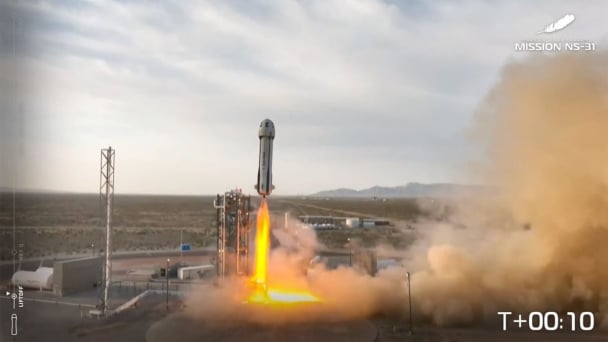
(VAN) 169 lotus seeds selected by the Vietnam Academy of Agricultural Sciences were carried into space by Vietnamese-American astronaut Amanda Nguyen.
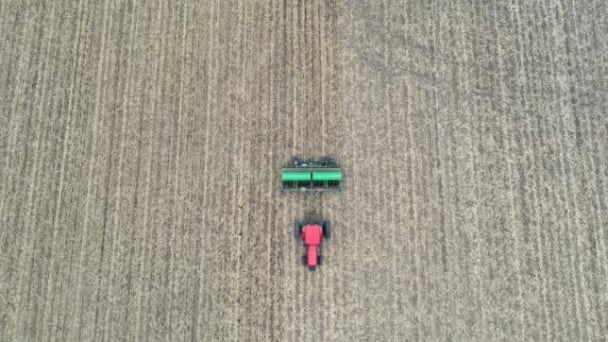
(VAN) Tariffs are making life more expensive for John Pihl. He's been farming in Northern Illinois for more than 50 years.
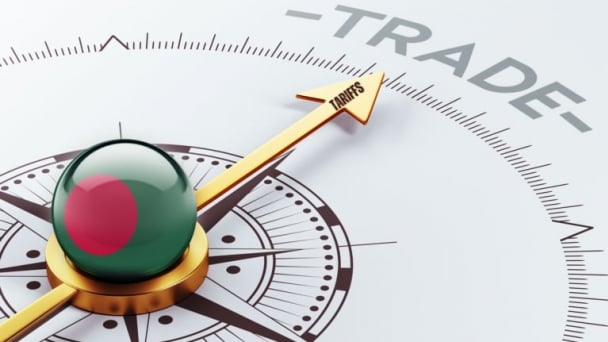
(VAN) European and American farmer organisations are concerned about the import tariffs that the United States introduced on 9 April for products from the European Union. This makes them 20% more expensive.

(VAN) Global poultry trade is expected to remain strong amid relatively tight global protein supply and growing consumption, RaboResearch concludes in its latest animal protein report.
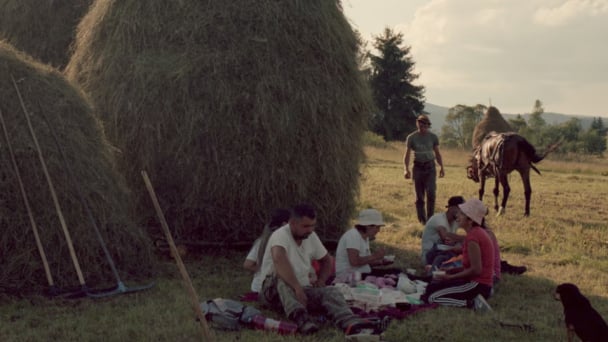
(VAN) Traditional methods benefit hundreds of species but as new agricultural techniques take over, the distinctive haystacks mark a vanishing way of life.

(VAN) The nation’s top banks are quietly advising their clients on how to build a financial life raft - or perhaps life yacht - from the wreckage of runaway climate change.
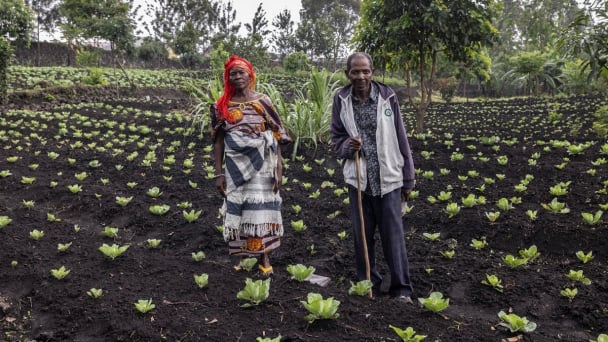
(VAN) From FAO Office in the Democratic Republic of the Congo.